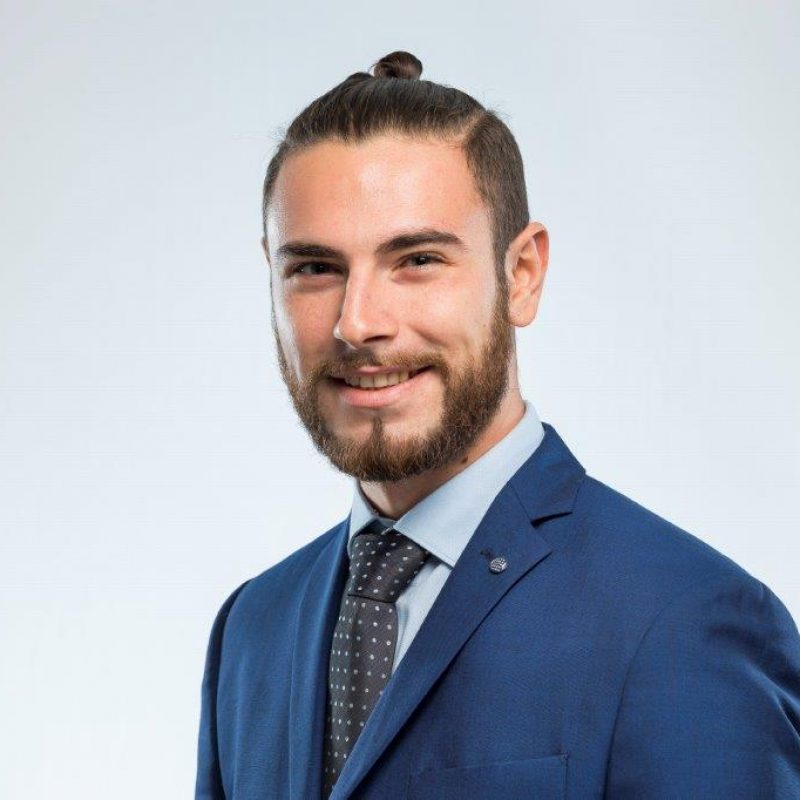
Why did you choose to study Building Engineering after your bachelor’s degree?
The choice to continue the bachelor’s degree path in building engineering was quite natural for me. During the three-year course, my interest as a student was directed toward many aspects of buildings: energy performance, building materials, and the integration of different issues within the building complex. Consequently, after researching other possibilities in Italy and abroad in order to have a more complete picture, I decided to continue at the Politecnico. Specifically, with the choice of a degree program in English, I was able to combine both my academic aspirations and my desire for an educational path with a strong international focus. In particular, I appreciated the teaching approach that combines a solid theoretical preparation with practical exercises related to group projects, which allowed me to develop the ability to manage the dynamics of a project team.
What are the main difficulties you faced and how did you overcome them?
I think one of the biggest difficulties, which at the same time is also a great strength of the Building Engineering program, is interfacing and, therefore, collaborating with students from all over the world, with very different academic backgrounds. This can lead to some problems, but by maintaining an open dialogue and enhancing the prior knowledge of each team member, I have been able to grow personally and collaborate more efficiently while also learning from other students.
An additional difficulty I encountered was being able to run several design courses and theoretical courses at the same time. In this case, good collaboration and task organization in group projects are key elements, because they allow you to devote the right amount of time to the study of each course and reduce the stress that builds up around assignments and exam sessions.
What opportunities has this program offered you and how have they been helpful in your career development?
Certainly, the broad-spectrum preparation on the building system (in its integration of structural, energy, architectural aspects, etc.) has been fundamental in approaching the job market with greater awareness and competence.
The use of numerous software and tools, including parametric ones, has proved very useful in the transition from university to industry, providing me with an edge in the world of work.
Personally, I have always had a desire to challenge myself and work abroad, wherever there was an opportunity. So, studying, collaborating, discussing and pursuing exams and projects in English has definitely helped me, improving my language skills especially with respect to the use of technical terminology in English, which is now required even in working environments in Italy.
Have you had any experiences abroad during your studies? How do you feel these experiences have enriched your education?
In my first year, I applied to participate in the dual degree program. By extending my course of study by a year, with one year in Milan and two at the Royal Institute of Technology (KTH) in Stockholm – where in addition to attending classes I did thesis work in a company – I acquired two master’s degrees. This experience was very important; it gave me the opportunity to expand my knowledge and experience life and work abroad.
In general, I think exchange opportunities under the Erasmus program are unique opportunities, not only to learn new things in one’s field of study, but to test oneself with unusual challenges and mature as a person. Not least, they offer the chance to create many new international friendships and a network of contacts that is always useful even when moving to other countries.